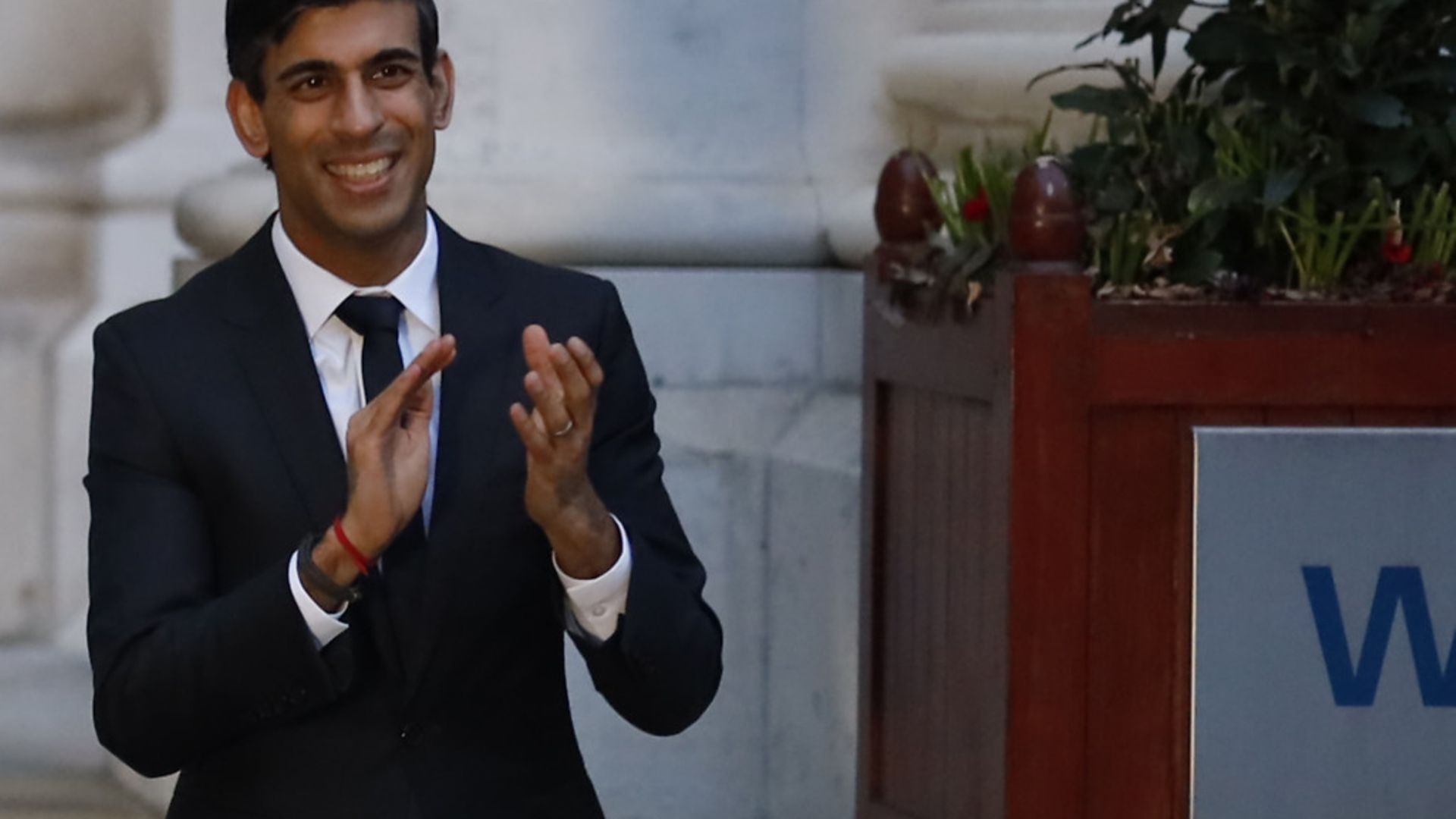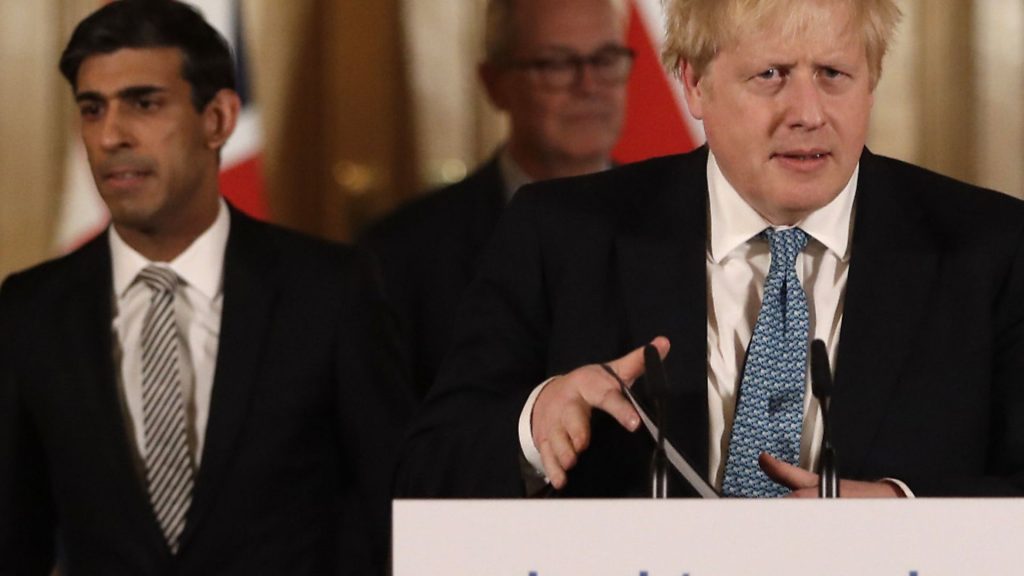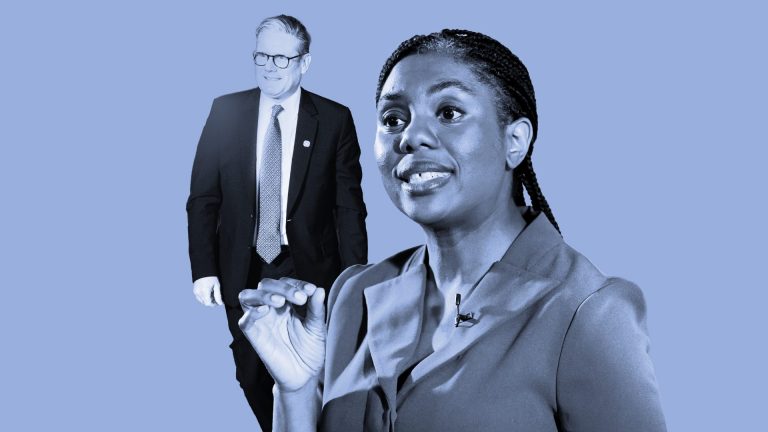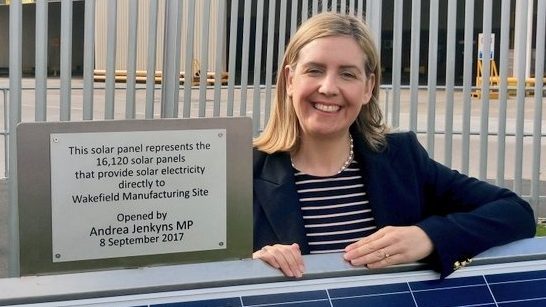
The pandemic is the perfect storm in which to test the controversial proposal, argues Professor Nayef Al-Rodhan, who says the benefits could be more than just economic.

Perhaps 2020 will mark the point at which tired buzzwords like ‘globalisation’ and ‘interconnectivity’ took on whole new meanings, signifying universal vulnerability and precarity to the same extent they have until now stood for ubiquitous growth and opportunity.
Discussions concerning new international laws and institutions dedicated to pandemic prevention will be propelled to the top of the agenda of every international forum. However, it is likely that in its aftermath we will see decisive action from national governments before we see coordinated activity from international institutions.
What will soon become clear is that citizens will not (and thoughtful governments should not) rest content with simply reactivating their economies. Now if ever is the time to begin thinking seriously and fundamentally about reorganising national economies, and in turn the global economy, in a more sustainable way. The reasons for doing so are more philosophical and psychological in nature than they are economic.
The economic policy that has gained most traction since governments across the globe started instituting nationwide lockdown measures is that of universal basic income (UBI). The Spanish government has already confirmed that it is working to roll out a UBI as soon as possible, and the policy is gaining increasing attention in the UK and Canada. The Pope even used his Easter address to state that ‘this may be the time…to consider a universal basic wage’.
The economic arguments for and against UBI are fairly well rehearsed, and in my view also relatively well balanced, which means that UBI is most interesting when considered from the angles of philosophy, neuropsychology and neuroscience.
The common definition of UBI is a guaranteed regular income that is not means-tested, provided to every citizen of and beyond the working age. It need not be compulsory – citizens could choose whether or not to ‘opt-in’. Varying models have shown that it is affordable so long as sustainable level of progressive tax reform is introduced. A UBI might also incorporate existing welfare benefits for those especially vulnerable, such as disability and housing payments.
The increased sense of individual security that such a policy would likely give rise to is evident. What gives many pause is of course the prospect of paying higher taxes to support it, that recipients might become disincentivised to work, thereby impacting economic productivity, or simply that it would constitute an unwarranted reward for the lazy.
There have been calls in several countries for UBI to be introduced as a temporary measure in reaction to the pandemic. In a letter to the chancellor, Rishi Sunak, 170 parliamentarians from the House of Commons and the Lords said that the introduction of a UBI would be a ‘practical, not ideological’ proposal.
The letter emphasised shifts in the economy including the rise in self-employment and those primarily relying on the so-called ‘gig economy’: ‘Our economy has seen a fundamental shift since 2008. The number of self-employed has risen from 3.25 million to more than five million people. Universal basic income would protect self-employed workers and those in precarious employment.’
There is also an argument about the relative cost of an annual UBI in contrast to an emergency help package. The chancellor has gone beyond most of his European counterparts in the scope of his rescue measures, setting out plans for 80% wage subsidies for staff kept on by employers (up to £2,500 per month) and a £3 billion-a-month package of support for up to 3.8 million self-employed workers. In total an initial £330 billion of guarantees has been made available – equivalent to 15% of GDP.
A UBI generous enough to allow working age adults to eat, pay rent, and consume basic home utilities would cost considerably less than this on an annual basis – before we even consider the savings that would be made through the reduction in government-funded programs that currently replicate benefits covered by UBI, such as employment insurance and subsidized housing.
Further savings can also be factored in, such as the costs to government directly related to poverty, including health care and social assistance, which would be reduced or eliminated. Additionally, the newfound purchasing power of vulnerable people would feed back into government revenues and create economic stimulus.
Others have argued that now is not the time to introduce what fundamentally consists of a major overall of the welfare system. To be sure, introducing UBI for any amount of time is a major ideological decision concerning the nature of economic incentives.
However, we simply won’t have evidence for the oft-wielded disincentive argument until the policy is experimented with. Moreover, at a time when millions are losing their jobs or being furloughed by employers as a result of the pandemic, the category of those likely to opt-in to a UBI as a means of idling is likely to be more narrow than usual at the very least.
In my view the real territory of the argument resides more in the realm of philosophy and neuropsychology than it does in the world of economics.
Let us consider the more concrete neuro-psycho-social benefits of UBI. Evidence from previous experiments indicates the potential for UBI to increase all five neuropsychological indicators of a healthy society – security, agency, connection, trust and meaning. The flexibility and security of a UBI is likely to endow citizens a stronger sense of agency and more control over their lives, which evidence demonstrates would in turn lead to an increase satisfaction, stability and security.
More importantly, UBI is likely to lead to a general increase in social trust and a turn away from the devaluation, shame and humiliation that is often associated with means-tested welfare benefits. There are also many cases where welfare benefits are explicitly disincentivising because they are tied to specific conditions. Research has shown that recipients of disability benefits for example are more reluctant to volunteer for community work for fear of being ‘revealed’ to possess competencies that would disqualify them from their benefits.
Endowing every citizen with a universal basic income also bestows them with inextricable accountability and responsibility. Many aspects of the public debate surrounding the scourge of homelessness would be clarified, since a person granted the budget to subsist in decent living conditions while searching for employment would be held responsible and accountable to the society providing these conditions if choosing to expend their UBI on non-essential consumption instead.
In short, UBI represents a boon as well as a tribute to human dignity. The defining principles which underlie it cannot be quantified in economic terms – it is underpinned by reasoning that is qualitative, and indeed ‘self-evident’.
The argument that citizens will necessarily be disincentivised by such a policy reminds one of an old joke about academics. An economics professor is walking across a college lawn with a student after a seminar. The student notices a £50 note lying on the ground – ‘look, there’s £50 lying on the floor!’ she exclaims. ‘Impossible,’ replies the professor, without looking. ‘Somebody would have picked it up by now.’
The only valid form of economic evidence derives from experience in the real world. The only way to find out the functionality and efficacity of a universal basic income is by implementing it. No amount of economic modelling can determine the manner in which most individuals will react to a dramatic shift in the state’s approach to socio-economic incentives and responsibilities. It will require a philosophical leap of faith in dignity-based governance.
Support for such a policy is likely to require exceptional economic circumstances. Those circumstances have arrived and may not fall into place again for a very long time, if we are lucky. The size of this crisis should act as a catalyst for bold and innovative ideas. ‘Be fast and have no regrets’, said Dr Michael Ryan, the World Health Organization (WHO) executive director of health emergencies, at a COVID-19 briefing last month. ‘Speed trumps perfection,’ he added. ‘The greatest error is not to move.’
• Prof Al-Rodhan is a philosopher, neuroscientist and gostrategist. He is head of the Geneva Centre for Security Policy’s Geopolitics and Global Futures Programme and an honorary fellow of St Antony’s College, Oxford









